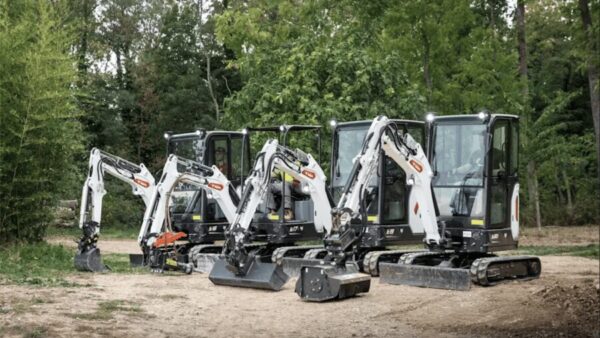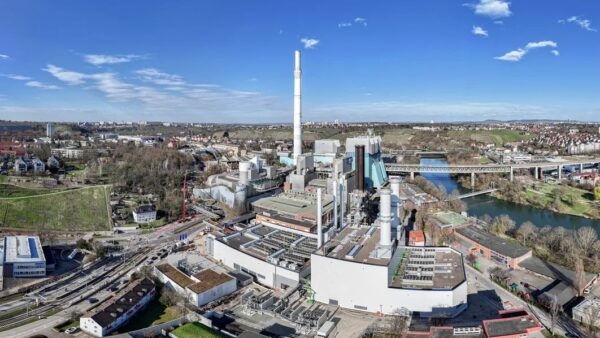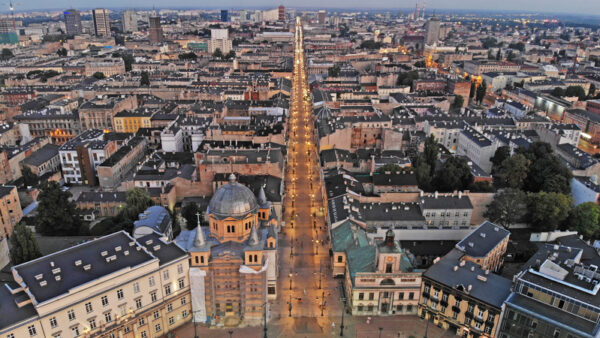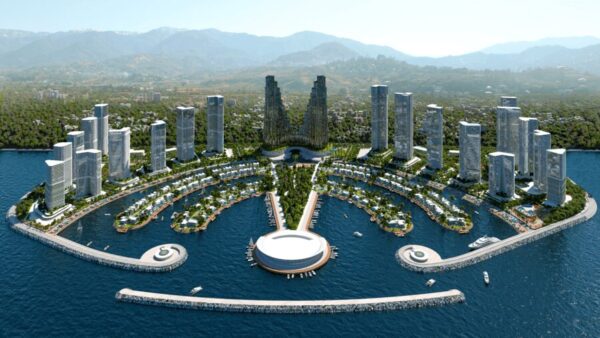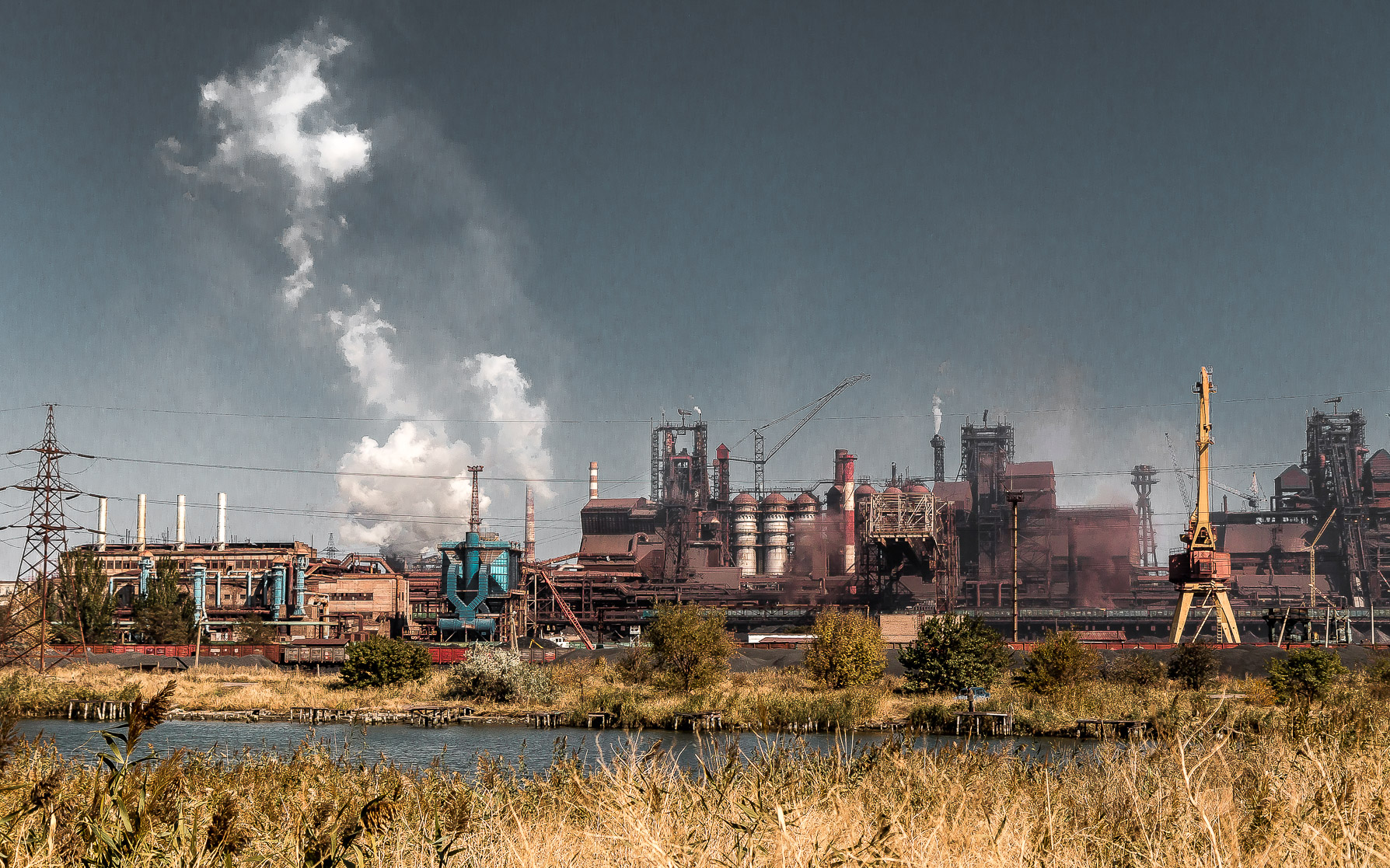
Researchers from the University of Oxford say rebuilding Ukraine’s steel sector as a zero-emissions one would generate $77bn extra gross value added (GVA) over 20 years compared to restoring the country’s old coal-fuelled sector.
Before the war, Ukraine was the world’s 14th largest steel maker, producing 21 million tonnes a year.
But its steel industry was also one of the dirtiest. In 2020, the Ukrainian steel industry was responsible for 48 million tonnes of CO2, 15% of the country’s entire emissions.
Now that much of its production capacity has been destroyed in Russia’s full-scale invasion, there is a chance to build it back greener and more profitably, say Dr Alli Devlin, from Oxford’s Department of Engineering Science, and Dr Vlad Mykhnenko, associate professor of sustainable urban development.
Their research on the topic is published this week in the Journal of Cleaner Production, coinciding with this year’s Ukraine Recovery Conference in Berlin.
They calculate that it would take an investment of $62bn build a green steel sector in Ukraine.
Of that, $45.9bn would be needed for renewable energy infrastructure, $6.6bn for energy storage, and $9.5bn for iron and steelmaking furnaces.
But they argue it would generate 1.7 times more economic growth in post-war Ukraine than the same investment in coal-based production.
They add that if Ukraine were to join the EU, it would be subject to the EU’s target for near zero-emission steel by 2030.
They propose that new green steel mills powered by renewables and green hydrogen could be sited close to westward cross-border railway crossings and southbound Black Sea ports.
“The vast destruction of Ukraine’s iron and steelmaking assets represents a stark opportunity to rebuild a thriving industrial sector which is independent of fossil fuels,” said lead author Alli Devlin.
“Ukraine is well positioned to supply European green steel markets, which will provide employment throughout the value chain, and deliver returns to the economy well beyond the original investments.”
The researchers said their proposed green steel investment would amount to 6% of that over the first 10 years.
“This research is not just another feasibility study,” said Vlad Mykhnenko.
“Investing in a Ukrainian green steel-driven recovery would not be charity. Green steel would become a sustainable growth promotion machine for Ukraine’s post-war development, and would generate almost twice as much economic growth than the traditional coal-based steel.”
- Subscribe here to get stories about construction around the world in your inbox three times a week.






